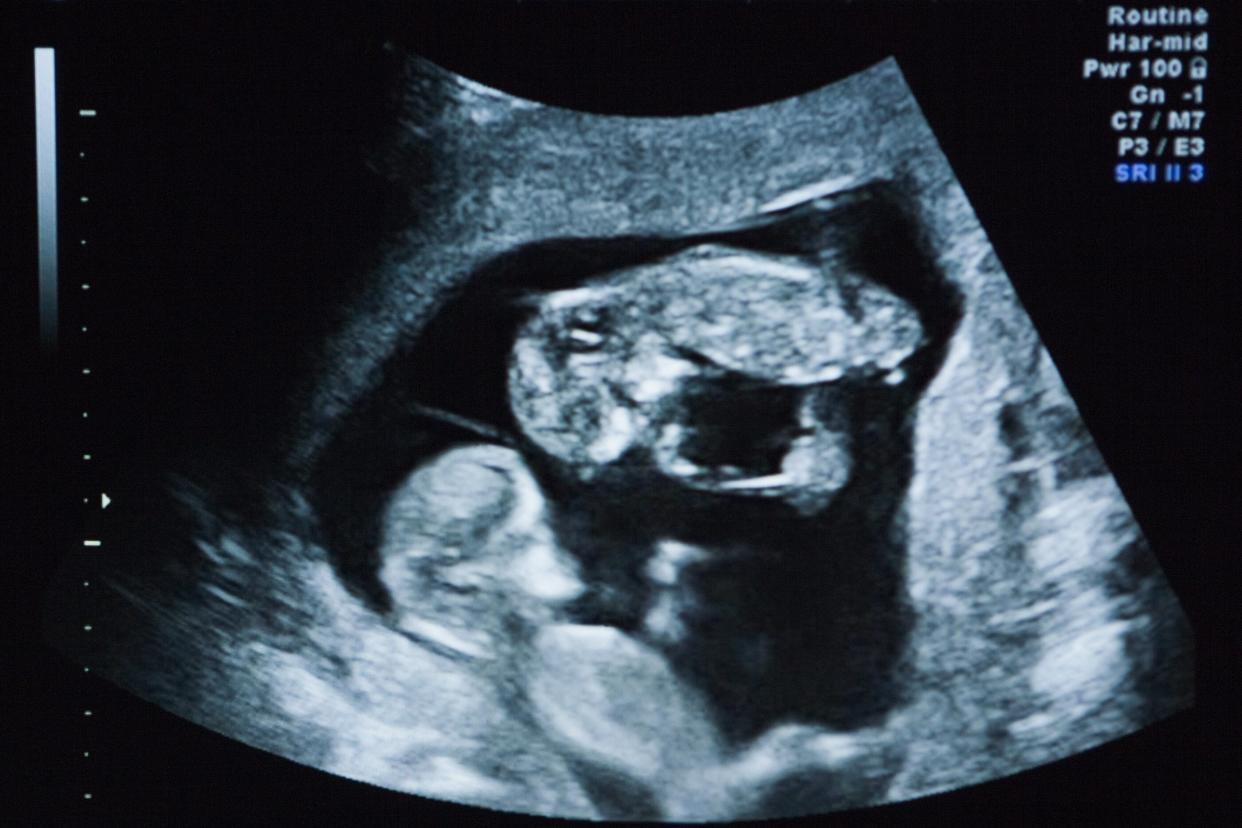How a Woman Gave Birth to Twins at 74

Tim Hale/Getty Images
A 74-year-old woman named Erramatti Mangayamma (also reported in some outlets as Mangayamma Yaramati) is making international headlines this week after giving birth to twin girls on Thursday, September 5. The new mom from Southern India, who had been trying for decades to conceive naturally, was inspired to try in vitro fertilization (IVF) after finding out that a neighbor had done it at 55, according to The Hindustan Times.
Her doctor, Sanakayyala Umashankar, the director of the hospital who also performed her C-section, told the outlet, "She could not succeed in her attempts to conceive even after visiting several hospitals. Even after she attained menopause nearly 25 years ago, she had a strong desire to become a mother. She decided to try the method and approached us. We were surprised at her willpower. We conducted all the medical tests and found that she was medically fit for conception through IVF."
But IVF is just a piece of the puzzle that made this unusual birth possible.
How did Mangayamma conceive at 74 years old?
Given that the new mom is beyond menopause, she is no longer producing eggs. For that reason, she and her husband E. Raja Rao, whose age has been reported as 80 and 82, used an egg donor, according to Dr. Umashankar.
"This means that a fertile woman of childbearing years donated her eggs to make this pregnancy," explains Alissia Zenhausern, NMD, a licensed naturopathic medical doctor in Scottsdale, Arizona. "The donor egg was then fertilized using her husband’s sperm via IVF."
Although age of the uterus does not affect pregnancy or implantation rates, according to the journal Human Reproduction, a postmenopausal woman does lack of hormones required to sustain a pregnancy.
"In this particular case, the mother had gone through menopause which means her body was no longer producing the necessary hormones to ovulation, let alone maintain a pregnancy," says Dr. Zenhausern. "This is why medications were need to stimulate her fertility."
What risks are associated with pregnancy and childbirth at 74?
Although women over 35 are frequently, and in many cases unnecessarily, fear-mongered about the potential complications of what's referred to as a geriatric pregnancy, Mangayamma's extreme degree of advanced maternal age is associated with higher risk. A 2017 study published in BMC Pregnancy Childbirth noted that what's referred to as "very advanced maternal age" (45 and up) is "related to greater risk for adverse birth outcomes compared to younger women, especially for maternal complications including cesarean section, preeclampsia, severe preeclampsia, and placenta previa."
Does this "medical miracle" open the door for similar births?
Dr. Zenhausern points out that the risk of complications in a patient of Mangayamma's age would likely deter any physician in the U.S. from supporting it. "When working with fertility patients, doctors must weight the risks and benefits of both the mother and future child," she notes.
In fact, in 2016, the Ethics Committee of the American Society for Reproductive Medicine published a document, discouraged physicians from "providing donor oocytes or embryos to women over 55 years of age, even when they have no underlying medical problems." The committee raised questions and concerns about maternal and fetal safety, longevity and "the need for adequate psychosocial supports for raising a child to adulthood."
What's the takeaway here?
Despite the fact that this extraordinary birth is being reported as an anomaly, Dr. Zenhausern fears stories like these might give women false hope about pregnancy after 50.
"Many times, when we see celebrities getting pregnant after 50, they are likely using a donor egg," she points out. "This is important for the public to realize, because natural fertility does decrease with age, and it is important for those interested in starting a family to have access to accurate information about their real chances of getting pregnant."

